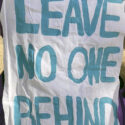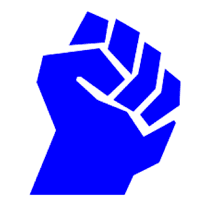Tag: Moria
-
Justice for the Moria 6!
On 8 September 2020, the infamous Moria refugee camp in Lesvos, Greece burned to the ground, throwing fortress Europe’s policies of deterrence through immiserating conditions, border externalisation and ‘containment’ on the Aegean ‘hotspot’ islands back into the international spotlight. The fires came a week after a resident of the camp tested positive for COVID-19 and…
-
PIXI: “THE OLIVE TREE AND THE OLD WOMAN”
This story is written by Parwana Amiri, a young Afghan woman who has lived with her family in the Olive Grove from the Moria hotspot since September 2019. When Parwana noticed how unbearable the living conditions were, she supported the people with her language skills and started to publicize the stories they had experienced.Her “LETTERS TO…
-

Urgent Call from Moria Camp for Help in Corona Times
Update 2/9/2020: This call was the second open letter to the EU and its member states to evict the Moria camp on the greek island of Lesvos in face of the pandemic threat. The inhabitants of the overcrowded camp have not received any answer so far, while everyone on the spot, including the support initiatives…
